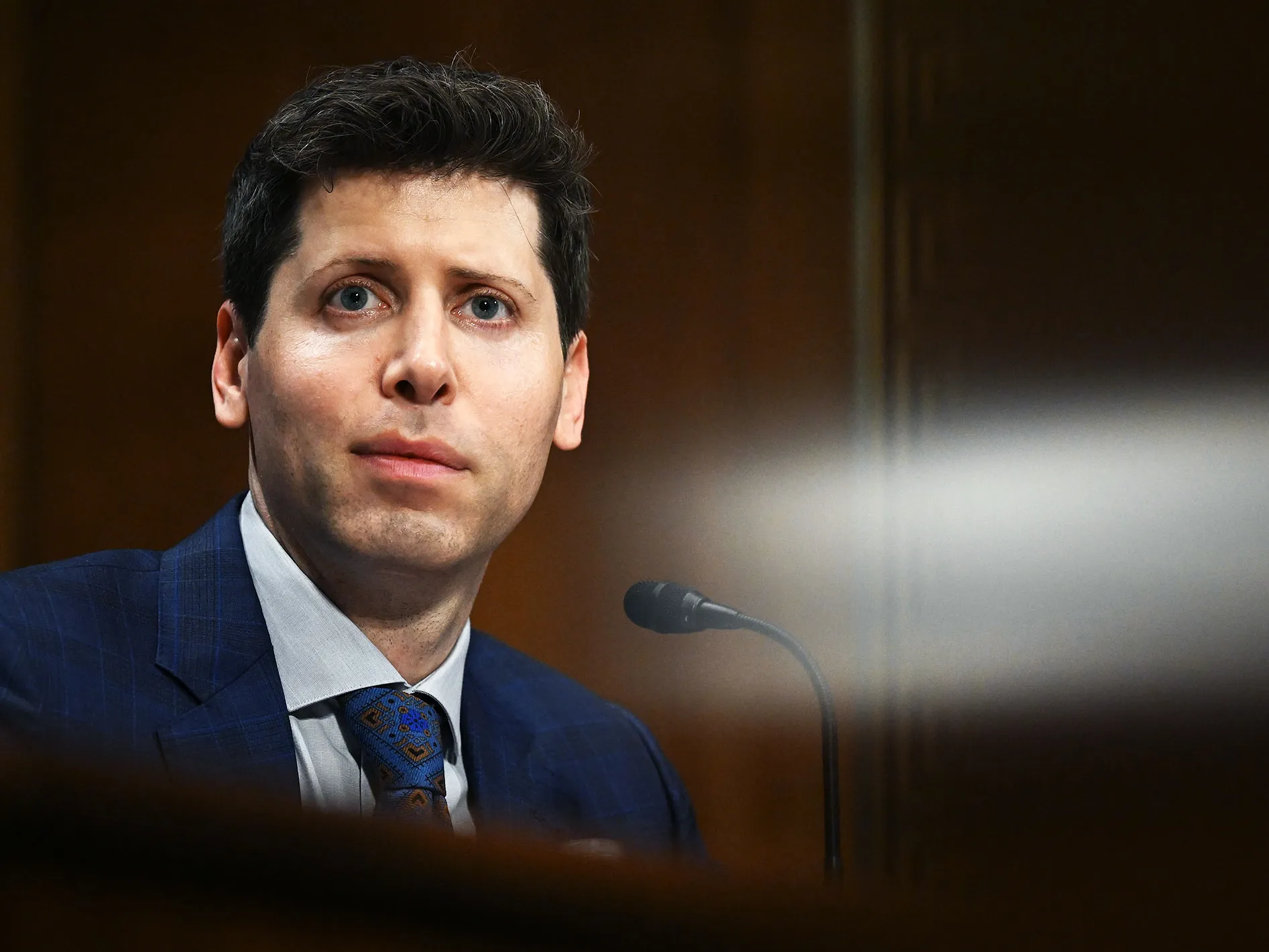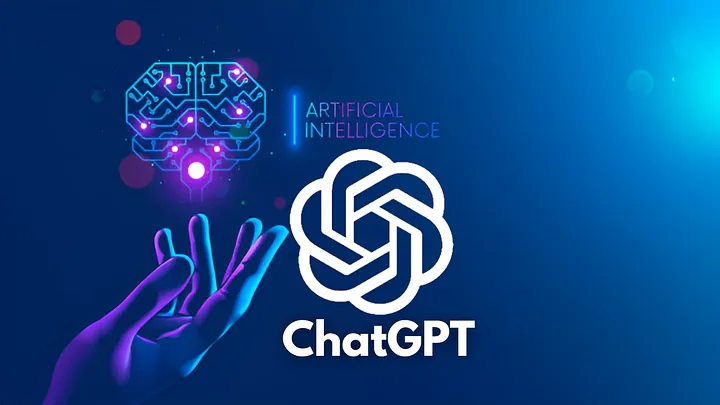A recent statement revealed that the OpenAI board did not fully comprehend how Sam Altman’s sudden removal could destabilize the company.
Sam Altman has made a comeback to the OpenAI board after a tumultuous series of events in November 2023 that saw him ousted from the company, only to be quickly reinstated.
A statement released on March 8 announced Altman’s reinstatement to the OpenAI board, along with the appointment of three new members: Sue Desmond-Hellmann, former CEO of the Bill and Melinda Gates Foundation; Nicole Seligman, former executive vice president and general counsel at Sony Corporation; and Fidji Simo, chair of Instacart.
This development comes just four months after Altman was removed from the board and briefly relieved of his CEO duties at OpenAI.
In November 2023, Cointelegraph disclosed that OpenAI’s board dismissed Altman, citing his lack of consistent transparency in communications with the board as the reason.
The termination did not sit well with the company’s workforce, as 505 out of 700 employees signed a letter urging the board members to step down.
On the same day, OpenAI revealed in a different statement that the law firm WilmerHale had conducted interviews with several board members and reviewed more than 30,000 documents.
The findings indicated that the previous board had underestimated the impact of their abrupt decision to dismiss Altman on the company’s stability.
Bret Taylor, the OpenAI board chair, affirmed that Altman, along with Greg Brockman, remains the favored leadership for the company.
“We have unanimously concluded that Sam and Greg are the right leaders for OpenAI.”
Meanwhile, on March 6, OpenAI made public a collection of emails exchanged between board members and Elon Musk, which detailed Musk’s intentions to shift the company toward a “for-profit” model.
The release of these emails came after Elon Musk filed a lawsuit against OpenAI on February 29, accusing the company of violating their initial agreement, which aimed to make AI advancements “freely available to the public” via a multibillion-dollar collaboration with Microsoft.
In his lawsuit, Musk sought to compel OpenAI to return to its original open-source ethos and sought an injunction to halt the for-profit use of artificial general intelligence technology.



